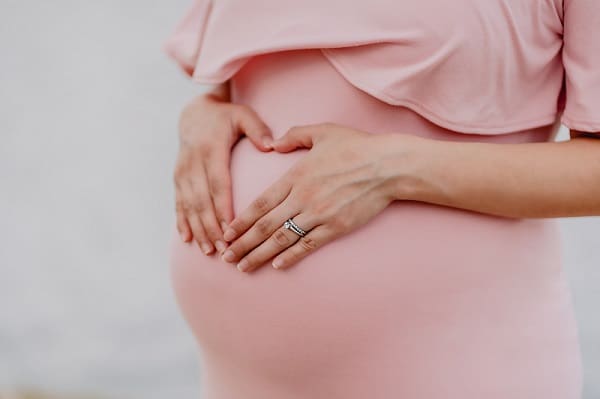
If you are a new mom or planning to become one very soon, I’m sure you’ve heard varying advice on how to prepare for postpartum recovery. You may have heard that you should rest as much as possible or sleep in a separate room from the baby. To help you out, I’ve compiled 11 proven postpartum self-care checklists that you can follow for a smooth postpartum recovery.
1. Create a Postpartum Planning Guide
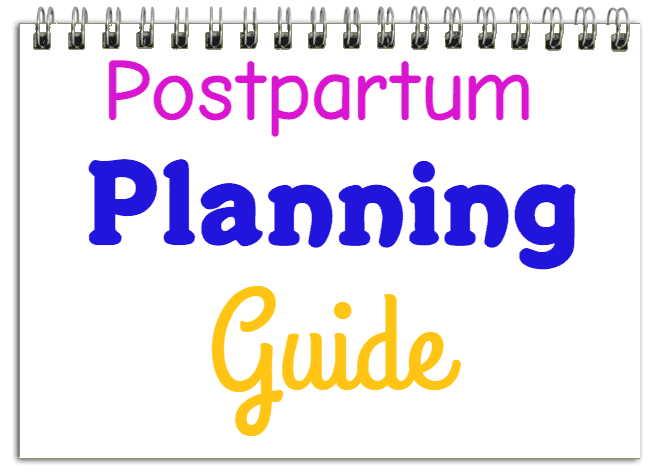
The first thing I’ll talk about in this blog is to make a written postpartum planning guide that contains a list of people to contact ( your doctor or midwife) plus instructions on what to do in the days, weeks, and months after you give birth. A postpartum planning guide can be a great way to help you remember what to do and who to contact when you may not be able to think straight or feel postpartum depression. Postpartum depression is a real and severe condition; at the end of the day, it’s up to you to take care of your mental health.
2. Get Some Relaxation For Your Self

After childbirth, relaxation is an essential part of recovery. It can help you to stay focused and clear your mind while allowing you to unwind from postpartum depression. There are many different things that you can do to relax your body and mind, and try to take some time for yourself before the baby arrives.
After birth, the mother’s body is almost at the limit of its capabilities. One of the best ways to relax is to take a bath or get a massage. A massage can help decrease the amount of pain she is experiencing and allow her to be more relaxed. A bath can also help her relax, but be careful while bathing because you are still recovering. The skin will be more sensitive than usual, and you don’t want any rashes or anything else to appear.
There are many ways to relax, such as reading a book, watching a funny movie, or doing relaxation exercises. By trying different ways, you can find the perfect way to relax for you.
3. Get Self Education on Postpartum
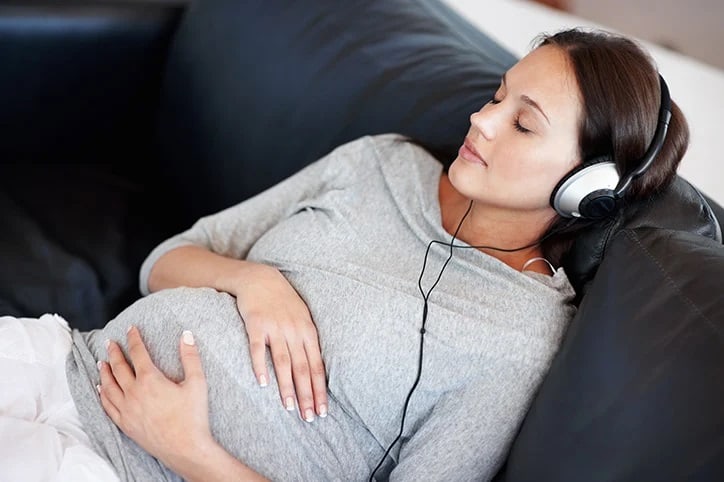
Having a baby is a big deal, and you want to ensure that you’re prepared for everything. But if you don’t have the proper knowledge and education on how to prepare for postpartum or take care of yourself or your baby after the delivery, it will be very tricky for both of you. To eliminate the risk of complications, having the postpartum self-care checklist is essential.
Hence, self-education is crucial to preparing for the postpartum period. There are lots of great resources, like books and new mom self-care classes, that can help you learn more about the experience and prepare your own postpartum self-care checklist for postpartum recovery and what to expect in this situation.
Additionally, listening to natural postpartum care podcasts can give you a different perspective on what other new moms are going through.
4. Get a Proper Diet
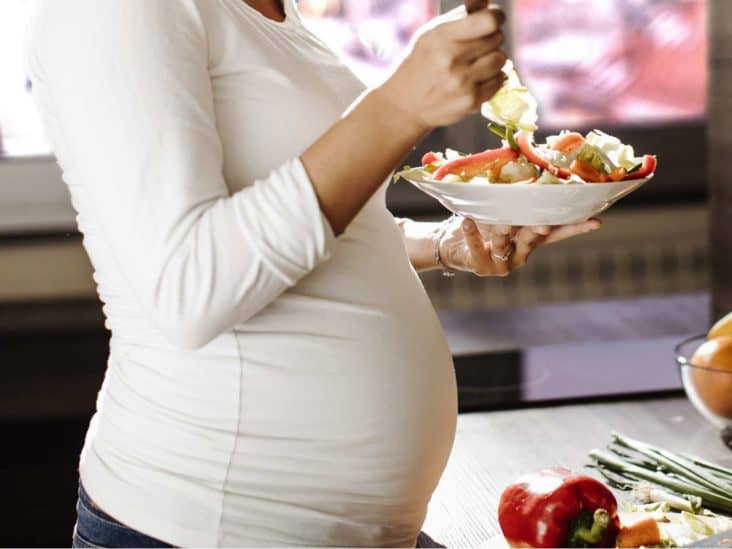
Another important way to prepare for a smooth postpartum is to pay attention to your diet. Eating plenty of fruits, vegetables, and whole grains will help your body heal from childbirth and give you the energy you need to care for your new baby. Drinking plenty of water is also essential. Staying hydrated will help your body recover more quickly.
You need to avoid processed foods, sugary drinks, and caffeine. These foods will make it difficult for postpartum recovery.
5. Do Exercise Regularly
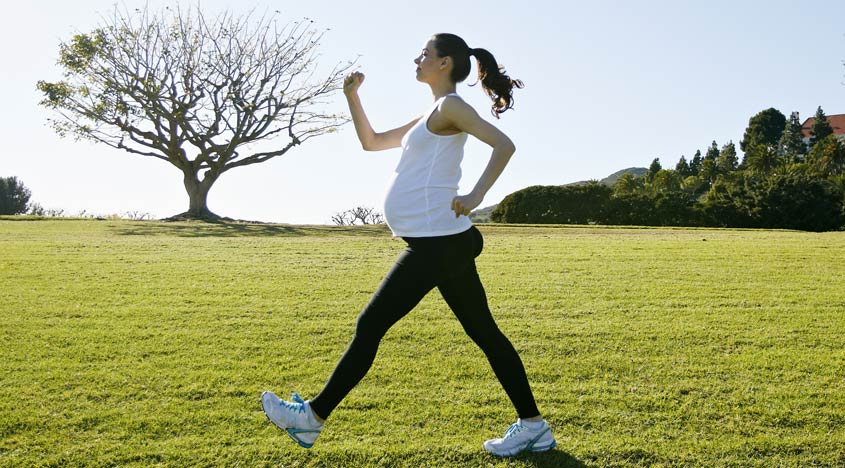
Exercise is a great way to prepare for a smoother postpartum period. It can help to increase your energy levels and improve your mood. It can also help to reduce the risk of developing postpartum depression.
Getting some moderate exercise will help your body heal and improve your mood. Try to get a little exercise every day; even just a short walk around the block can make a huge difference. Swimming and yoga are all great options you can try on different days.
6. Get Proper Sleep
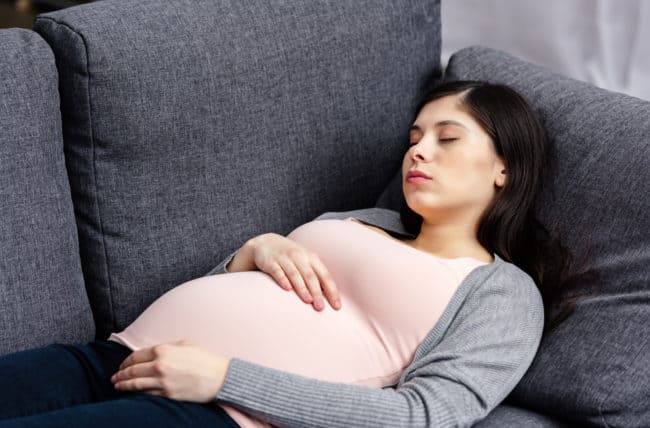
Getting enough sleep is essential for your body and a smooth postpartum recovery experience.
If you are pregnant or soon mom-to-be, get as much sleep as possible in the weeks leading up to your due date. Sleep will help your body recover from childbirth’s physical and emotional stress.
Try to get at least eight hours of sleep every night. If possible, take some naps during the day as well. You may consider hiring a night nurse or asking a friend or family member to watch the baby and stay with you for a few nights after your baby is born to get some uninterrupted sleep.
7. Engage Your Partner

While you’re still expecting, you probably have a lot on your mind and wondering how to prepare for postpartum. Even though most of your attention is perhaps occupied by the new baby, it’s essential to communicate with your partner about your expectations for your post-baby life.
If you have other kids already, you should still have a lot of free time on your hands after giving birth. Consider the tasks each of you usually does regarding household duties and child care, and make sure to cover anything you’re expecting to change.
Try to enjoy your last few months as a carefree person. Try not to take on too much because you might be surprised how much you’ll miss when the baby comes!
8. Connect with other moms

Another best way to prepare for childbirth recovery is to connect with other moms in your family or friends. Or even you can find online communities and forums where you can connect with other moms and ask questions or get advice. You can also join a local mom’s group or meet up in your area.
Connecting with other moms can be a great way to make new friends and get support from other moms who are going through the same thing as you! It’s important to remember that you’re not alone in this situation, and you can always ask for help when you are feeling scared or depressed.
9. Get Your Home Ready for postpartum
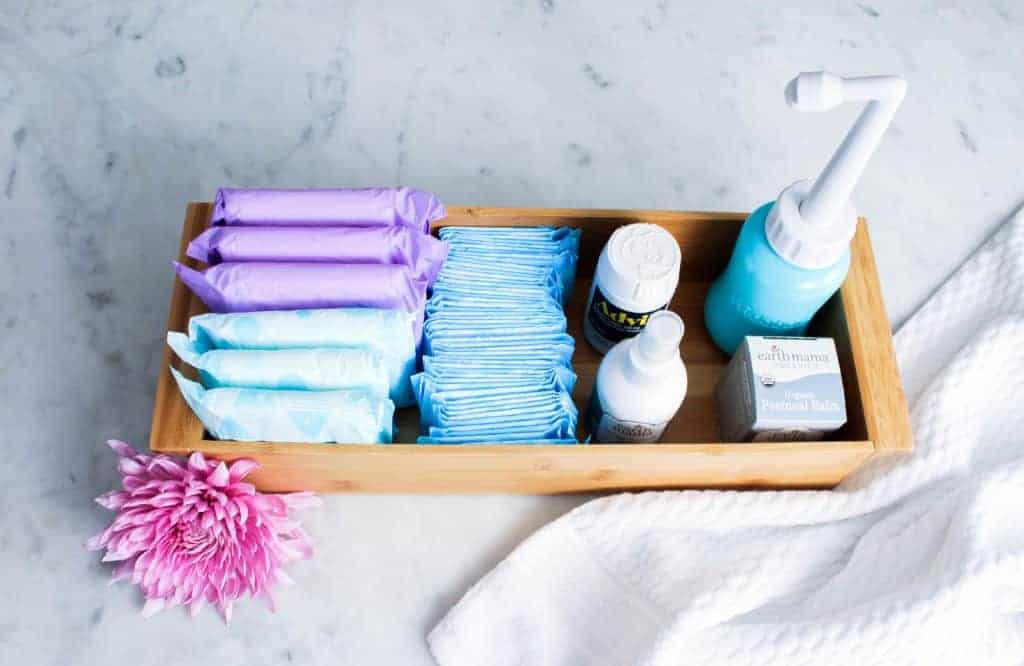
There are a few things a new mother and her baby need for successful postpartum recovery. For this, you also need to set up your home to get the maximum results from your postpartum recovery plan.
As a first step, you should set up a postpartum care station for yourself, probably in your bathroom, where you can stock up on items. such as undies, pads, tuck/witch hazel pads, disposable washcloths, peri bottles, sitz bath supplies, essential oils, heating pads or ice packs, pain-relieving bottom sprays, dermoplast sprays, and nursing pads.
Secondly, make sure you have a comfortable place to breastfeed or pump. Investing in a good nursing chair or pillow would be a good idea. You will also want to ensure you have plenty of storage space for all the new baby gear you will receive. A changing table or dresser with deep drawers is essential.
Finally, create a safe space for your baby to sleep and play. This may mean baby-proofing your home or setting up a playpen in a safe room. You can make the postpartum period much smoother by taking some time to prepare your home before your baby arrives.
10. Hire Postpartum Doula or Nurse

After you have a baby, getting used to life with a new little one can be challenging. You might be exhausted from delivery and dealing with all the new baby’s needs. It is normal to need some help during this time!
You can hire a postpartum doula or night nurse to help out for a few hours each week. This extra help can make a big difference as you recover from childbirth and get used to your new life.
In the United States, postpartum doulas are gaining popularity for their ability to help new mothers with breastfeeding and offer emotional support. Doulas are there to help with the physical and emotional stressors of breastfeeding and to be there for the family in general.
Postpartum doulas go through a comprehensive training course to prepare them for the role of a postpartum doula. The training course includes breastfeeding, nutrition, baby care, and CPR. In addition to their training, they are also mentored by an experienced doula.
11. Prepare for unexpected Situations
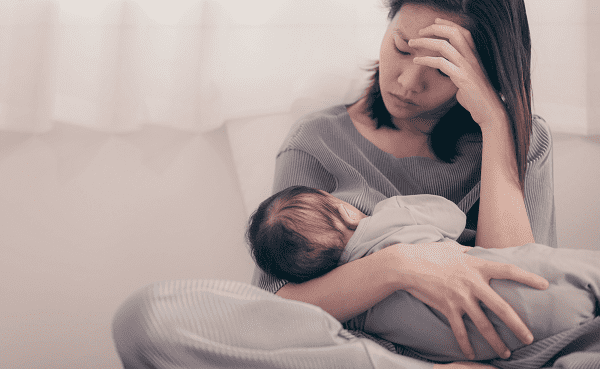
It’s always better to be prepared for anything when it comes to childbirth. Regardless of whether you end up needing a c-section or not, it’s always good to have a backup plan in case something unexpected happens. That way, you’ll be able to handle it with grace and confidence, knowing that you’re prepared for anything that comes your way.
FAQs
How to prepare for postpartum depression?
According to healthlin.com postpartum depression usually goes away 1–2 weeks after birth. These are some of the best steps to avoid depression following childbirth. First of all, you should love yourself. It is recommended to see or call your doctor because they will be able to tell you about your condition and how to recover from it.
It would help if you also told your husband, family, and friends everything you are feeling. A psychologist can also be very helpful in these situations because they will be able to do many things for the mom and child.
Regular exercise, joining a meditation class, and taking proper medications are all methods you can try to defuse postpartum depression.
What are the things not to do after giving birth?
After giving birth, many women have to deal with the soreness, pain, and other discomforts that come with the recovery process. But things to avoid during this time can make the process even more uncomfortable!
Immediately following the delivery, women need to restrict their usual activities. They shouldn’t lift anything heavy, sprint, or do anything else strenuous. This will damage the organs that were just brought into being and can cause hemorrhaging.
Women should also avoid breastfeeding for the first week. This will allow the uterus to shrink and heal, which can come in handy later if they decide to have another baby!
How long should a mom rest after giving birth?
The answer to that depends on the mother’s health. The average woman should rest for at least forty-eight hours after birth. She should sleep closer to seventy-two hours if she’s going through a particularly stressful time or was in significant discomfort during childbirth.
All women react differently, whether through vaginal or C-section births. The time postpartum healing takes is unique to each of them.
How long does it take for your body to go back to normal after birth?
After giving birth, it can take some time for the body to return to its normal state. This is because the hormones and the tissue in the body change during the physical process of giving birth. A woman’s body faces a lot of changes after giving birth, but it does return to normal after about two weeks. The body is still recovering, and women should take care of themselves during this time!
How does the postpartum uterus size change by week?
The postpartum uterus size changes week by week as it shrinks back to its normal size. Postpartum uterus size by week usually begins to contract and return to its pre-pregnancy size. By the end of the second week, the uterus is usually back to its normal size. However, some women may have a slightly larger uterus for up to six weeks postpartum.
Conclusion
Congratulations to all the new parents out there! We’re so happy to be able to offer some helpful information to make the postpartum transition easier. However, there are some things you can do now to prepare your body for the changes to come. In this blog, I’ve shared 11 Proven Postpartum Self-Care Checklists 2022. I hope this article has been helpful and that you’re ready to welcome the new addition to your family!
